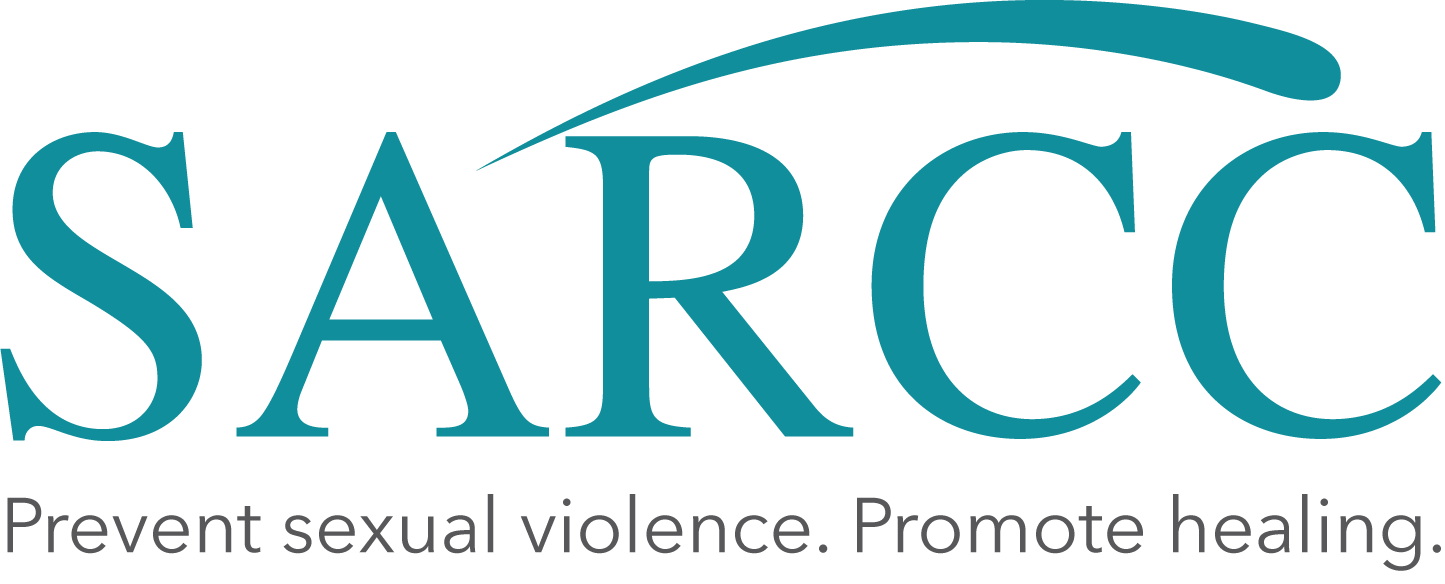How do you Stop Street Harassment?
Did you know that #Street Harassment (sometimes called catcalling) is a common experience that can have long-term effects in our communities? Many women and girls report that they first experience street harassment at the age of 11. 11! Comments about a person’s body, sexuality, or gender can make anyone feel unsafe, but imagine the impact and confusion on a girl child.
Street harassment also occurs against #LGBTQ+ folks and can include gender policing and threats of physical and sexual violence. So what do you do to stop a street harasser?
Check out these great tips from Stop Street Harassment! You can address it directly, make a report, or begin to map unsafe streets in your community.
#Thriver Walk Week 5


Our Week 5 #Thriver Walk challenge is to take the time to talk with a loved one about healthy sexuality and consent. These can be difficult topics, because our culture has a weird dynamic when it comes to sexuality. Mass media sends hyper-sexualized messages about body and representations. At the same time, many of us grow up in homes where it is taboo to ask questions or unpack those confusing messages.
When it comes to conversations about sexuality and consent, it is best to START EARLY and TALK OFTEN! Even very young children can understand consent and healthy boundaries. Need help getting started? Contact our prevention staff to set up a program for parents and caregivers on these topics and how to find and stop grooming behaviors in your community.
Be a #Thriver!
Are you ready to make our community a safer place? Say NO MORE to sexual assault, and build a safer community by raising funds to support services for survivors and prevention work in our community! Survivors will hear you when you say that you’re committed to making the community a safer place.
Download the #ThriverWalk Activity Guide or attend our In-Person Event at Summer Fest to learn more.



